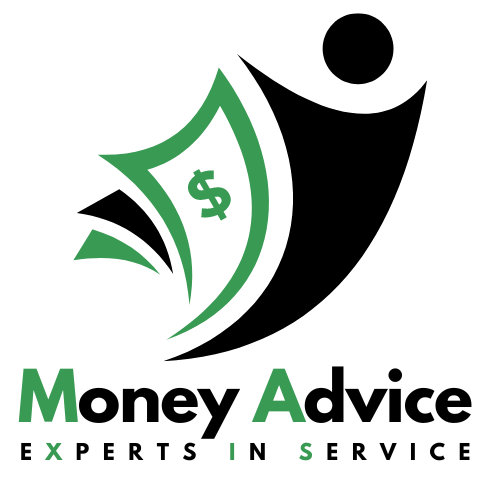For Australian IT consultants, managing business expenses is a routine aspect of their professional life. From purchasing equipment to investing in software and covering travel costs, these expenses are essential for the smooth operation of their business. However, when it comes to applying for a home loan, questions may arise about how to factor in these legitimate business expenses. Understanding the implications of business expenses on taxable income and borrowing capacity is crucial for IT consultants looking to secure a home loan in Australia.
Navigating Business Expenses: Business expenses incurred by IT consultants play a significant role in determining their taxable income. These deductions can include a wide range of expenditures necessary for conducting business operations. While these deductions can reduce taxable income, they may also impact the borrowing capacity of IT consultants when applying for a home loan.
One of the key questions often asked by IT consultants is, “How can I factor in legitimate business expenses when presenting my financial situation for the home loan application?” To address this question, it’s essential to understand the relationship between business expenses, taxable income, and borrowing capacity.
Understanding Taxable Income: Before delving into the impact of business expenses on borrowing capacity, IT consultants must comprehend how these expenses affect their taxable income. Business expenses are deducted from the gross income, resulting in a lower taxable income. This reduction in taxable income can lead to significant tax savings for IT consultants.
However, while lower taxable income may seem advantageous from a tax perspective, it can pose challenges when applying for a home loan. Lenders typically assess an applicant’s borrowing capacity based on their taxable income, among other factors. Therefore, a lower taxable income resulting from business deductions could potentially limit the amount an IT consultant can borrow for a home loan.
Maximizing Borrowing Capacity: To maximize their borrowing capacity while accounting for legitimate business expenses, IT consultants must adopt strategic financial planning strategies. Here are some tips to consider:
- Maintain Accurate Financial Records: Keeping detailed records of business expenses is essential for accurately assessing taxable income. IT consultants should maintain organized financial statements and receipts to support their deductions.
- Consult with a Financial Advisor: Seeking guidance from a qualified financial advisor can help IT consultants navigate the complexities of managing business expenses and their impact on borrowing capacity. A financial advisor can provide personalized advice tailored to their specific financial situation.
- Optimize Tax Deductions: While minimizing taxable income is essential for tax planning purposes, IT consultants should also consider the implications for their borrowing capacity. Striking a balance between maximizing tax deductions and maintaining a favorable borrowing capacity is key.
- Communicate with Lenders: When applying for a home loan, IT consultants should communicate openly with lenders about their business expenses and how they affect their financial situation. Providing clear documentation and explanations can help lenders understand the full picture and make informed lending decisions.
Conclusion: For Australian IT consultants seeking to purchase a home, navigating the intersection of business expenses and home loan applications can be challenging. Understanding how legitimate business expenses impact taxable income and borrowing capacity is crucial for making informed financial decisions. By adopting strategic financial planning strategies and seeking professional guidance when needed, IT consultants can effectively manage their business expenses while maximizing their chances of securing a home loan in Australia.

 Stock Market
Stock Market Side Hustle
Side Hustle Homeowner’s Code
Homeowner’s Code Home Loan Handbook
Home Loan Handbook McDonald’s Monopoly
McDonald’s Monopoly
Leave a Reply
You must be logged in to post a comment.